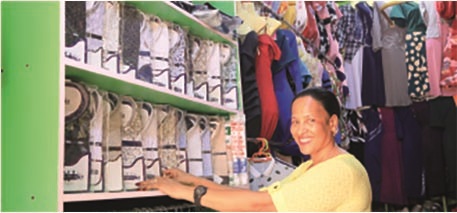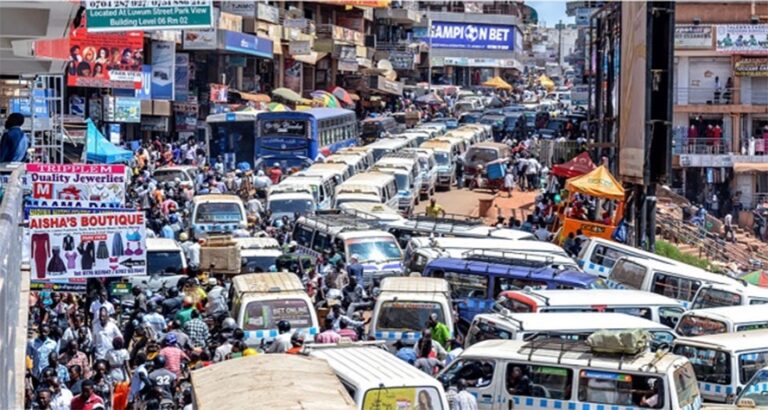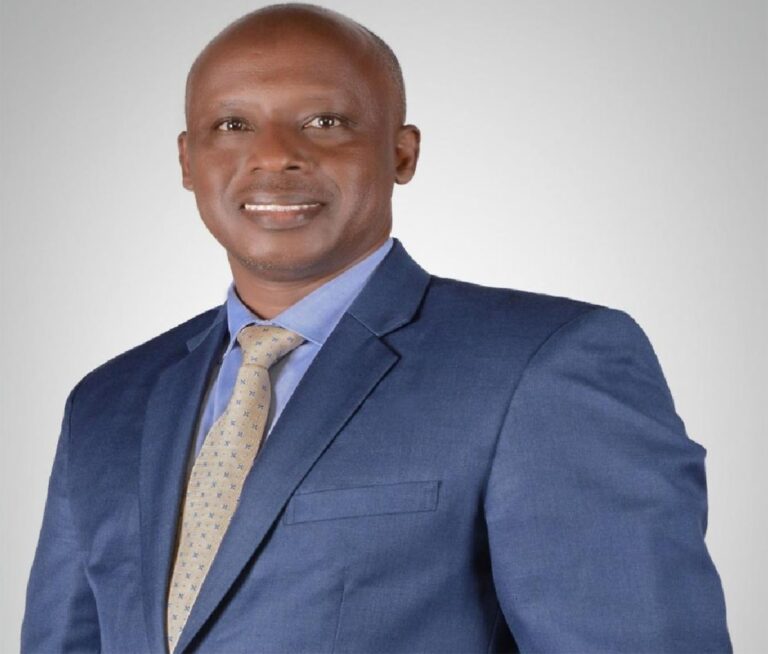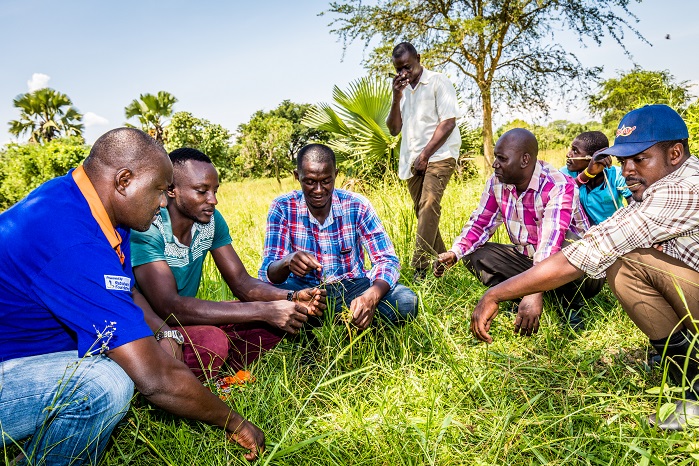
A cross section of farmers who are set to benefit from the FEAT initiative
HABARI DAILY I Kampala, Uganda I The newly launched dfcu Foundation’s Financial Expansion for Agribusiness Transformation (FEAT) Program, is set to benefit thousands of Ugandans, officials have said.
According to Mabel Ndawula, the executive director, dfcu Foundation said that the program targets smallholder farmers (SHFs) and agribusiness enterprises with the goal of improving productivity, profitability, and access to markets and finance—particularly for women, youth, and vulnerable communities.
She said that the FEAT is set to support 2,280 agribusinesses and impact over 100,000 individuals across value chains in coffee, livestock-dairy, cereals, and oil seeds. “This program also plans to train 80,000 learners—50% women and 40% youth—reaching over 400,000 Ugandans based on average household size,” she said.
Ndawula added that the initiative, which is backed by dfcu Foundation and Rabo Foundation a strategic initiative designed to strengthen Uganda’s agribusiness sector. “To drive financial sustainability, FEAT will facilitate sh 100b in financial linkages while introducing a Catalytic (Revolving) Fund Facility to support early-stage enterprises that are not yet ready for commercial credit.”
She further noted that complementing finance, participants will access capacity building in leadership, governance, financial literacy, marketing, price risk management, and climate-smart agriculture through Management Business Advisors, AgriTech experts, and digital platforms such as dfcu Foundation’s SOMA e-learning platform and the Bean Book tool for coffee exporters.
“At its heart, FEAT is a collaborative effort to unlock real opportunities for farmers and entrepreneurs. This will be realised through availing access to finance, markets, and skills to our clients.”
She added that the combined strength of Rabo Foundation’s global expertise and dfcu’s deep local commitment ensures that smallholder farmers and SMEs can move from subsistence to prosperity, driving inclusive growth and resilient rural economies.”
Charles Mudiwa, CEO of dfcu Bank, said that agriculture remains the backbone of Uganda’s economy, and supporting its transformation is central to dfcu’s purpose of building better lives and businesses.
“Through FEAT, we are not only expanding access to finance but also investing in the skills, technologies, and partnerships that make agribusiness more competitive, resilient, and inclusive. This program reflects our long-term commitment to empowering Uganda’s farmers and positioning agriculture as a driver of sustainable national growth,” he said.
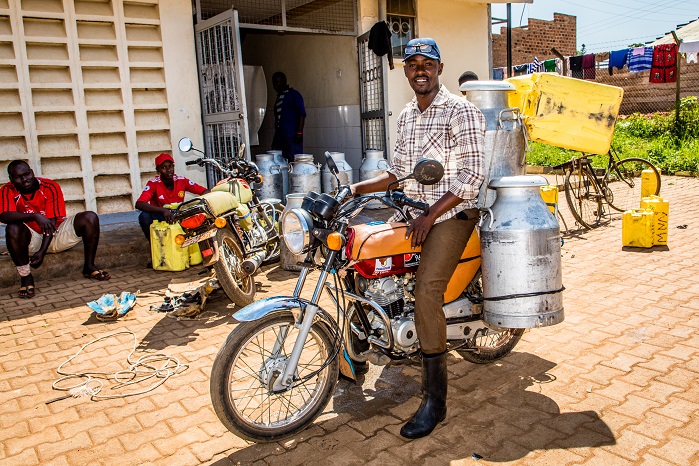
Sonja Timmer, Lead Impact Finance, Africa at Rabo Foundation, noted that the FEAT program builds on our longstanding partnership with dfcu Foundation, whose team brings deep local expertise in Uganda’s agribusiness sector.
“It reflects our shared belief that entrepreneurship in smallholder value chains is key to sustainable growth. FEAT is more than a program. It aims to be a catalyst for change, equipping agri-entrepreneurs and farmers with training, tools, and financial solutions to scale their businesses sustainably and improve livelihoods,” she said.
She said that FEAT matters since agriculture employs 73% of Uganda’s workforce but continues to face barriers in finance, markets, and business skills. “FEAT combines capacity building, blended finance, and digital innovation to address these gaps. By prioritizing women, youth, and climate-smart practices, FEAT strengthens competitiveness, resilience, and inclusivity in the agribusiness sector,” she said.
Rabo Foundation is the impact finance fund of Rabobank, one of the world’s leading food and agri banks. It supports farmer organizations and rural enterprises in Africa, Asia, and Latin America to improve smallholder livelihoods and build sustainable food systems.
The dfcu Foundation on the other hand, is the dfcu group’s social impact arm which drives inclusive growth through expanding access to finance, strengthening agribusinesses, and advancing sustainable practices. It often collaborates with global partners like Rabo Foundation.


